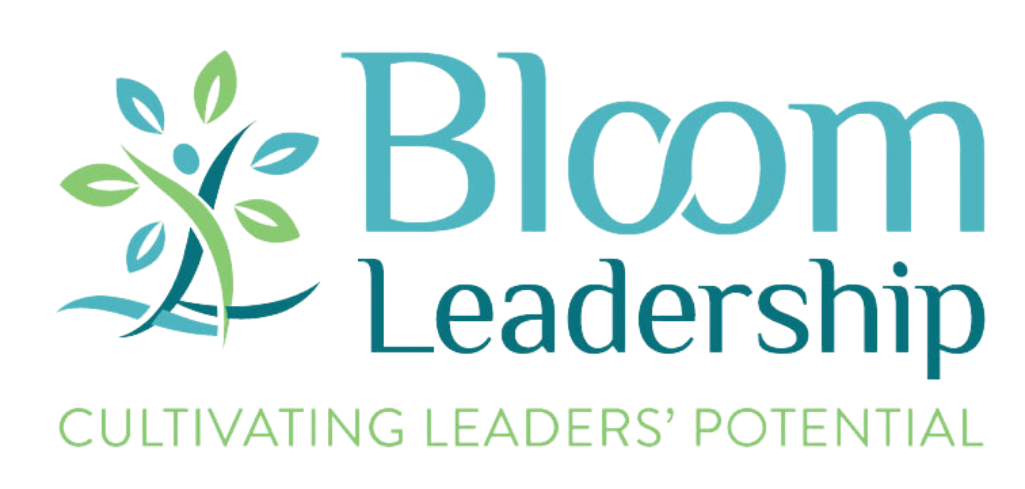How to Hire Top Talent Using Whole Person Development
Human resources are a modern business’s most valuable asset. Ensuring that the right person is in the right job is of the utmost importance when entrusting tasks that will ultimately make or break the bottom line. When a hiring manager posts a job, how can they guarantee that they’ll attract the best and brightest? How can a business present itself to interested individuals who don’t just want a new job, but want to work for you specifically?
Whole Person Development
For too long, society has perpetuated the myth that we leave our personal lives at the door when entering the workplace. Whole Person Development is the forward thinking concept that success can only be achieved through balance in all areas of our life: emotional intelligence, physical, spiritual, psychological, social, and professional. How can your hiring manager target these areas to attract self-aware and well-balanced employees? Let’s take a look:
Emotional Intelligence & Spiritual Aspects
Emotional Intelligence pertains to how one understands themselves and others. Studies show that individuals with high emotional intelligence are more empathetic, understanding, and cooperative (NCBI). Similarly, spiritual awareness pertains to being in touch with one’s inner self and using this knowledge to overcome challenges. Both of these aspects of Whole Person Development speak to high levels of self-awareness.
What You Should Ask:
To assess someone for spiritual awareness and emotional intelligence, rely on behavioral interview questions. This approach consists of asking for examples of real life problems and solutions, rather than hypothetical “what if” scenarios. These questions may include:
·How have you handled a situation with a difficult co-worker?
Have you ever dealt with a company policy you didn’t agree with? How did you handle that situation?
Have you ever missed a deadline? How did you address this?
The goal with these questions is not to focus on if the person has a perfect track record, but if they’re able to overcome challenges and take responsibility for mistakes. In essence, are they willing to accept that they’re human beings who will inevitably face challenges, but will work hard to overcome them? These are the people you want on your team.
What You Should Offer:
Foster the coaching and development of emotional intelligence and spirituality within your organizational culture. Higher emotional intelligence results in higher levels of job satisfaction (ResearchGate). Happy employees share their positive work experiences, attracting other employees to your business and ensuring you obtain the talent you seek.
Physical & Psychological Aspects
For the purpose of Whole Person Development, the physical aspect of your life not only pertains to fitness, but to eating habits, mental and emotional well-being, and overall health. The psychological aspect includes your self-perception and self-esteem. These two characteristics often coincide.
What You Should Ask:
Studies have shown that physical activity has a proven impact on productivity, through boosted immunity, an improvement in sleep patterns, alertness and mental health. During an interview, be sure to ask about extra-curricular activities, free time and hobbies. Ask questions like:
How do you spend your free time?
After a stressful day at work, how do you unwind?
How do you ensure you’re maintaining a healthy balance with work and self-care throughout the day?
What You Should Offer:
What are you doing to encourage physical and psychological wellness amongst your employees? Do you have gym membership incentives? Does your workplace culture encourage taking breaks during the day? Do you encourage taking mental health days? Evaluate what your business can offer employees to help them help themselves.
Social & Professional
The social aspect of Whole Person Development pertains to our interpersonal relationships and giving back to our communities. Volunteering or helping a friend in need are examples of social behavior.
The professional aspect is straightforward. Your professional self pertains to your career goals and personal definition of success. The most commonly asked interview questions—tell us where you see yourself in five years, for example—evaluate the professional aspect of an individual.
What You Should Ask:
Rather than focusing solely on professional goals and background, ask questions that will give you a snapshot of the person’s community ties. Pose questions like:
As you may know, our business engages in a lot of donations to non-profit organizations. Are there any organizations near and dear to you?
Tell us one way you give back to your community.
What is your experience as a volunteer? Is this something you’d like to expand upon?
What You Should Offer:
Corporate Social Responsibility is a buzzword in recent years that speaks to the social impact of businesses. In essence, how they give back to the community that supports their business. In a recent Nielsen study, 67% of respondents indicated that working for a philanthropic business is an important consideration when looking for a job. Does your company support any charitable endeavors? Do you offer time off for volunteering? These incentives instill employees with feelings of goodwill and can help attract talented, community conscious workers.
The Power of Your People
The companies listed in the Fortune’s 2014 100 Best Companies to Work For saw an average 22% increase in revenue the following year. (Forbes)What does this tell us? Satisfied employees help your business grow. Customers like to know their money is going to a business that cares about their people.
People who are dedicated to nourishing their Whole Person Development blend bring an advanced level of self-awareness and satisfaction to their workplace. Businesses should aim to attract these individuals not only through targeted interviewing, but by offering a workplace environment that facilitates development and growth. How are you attracting talent?
To read more about Whole Person Development, click here.
Meredith Wailes is the president of Bloom Leadership.
Her goal is to eliminate suffering in the workforce by creating exceptional value and growth for business and entrepreneurs.
For more information on how we achieve this please check out Bloom Leadership.
More of the Latest Insights





